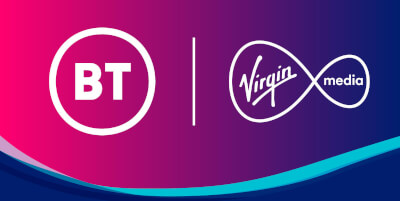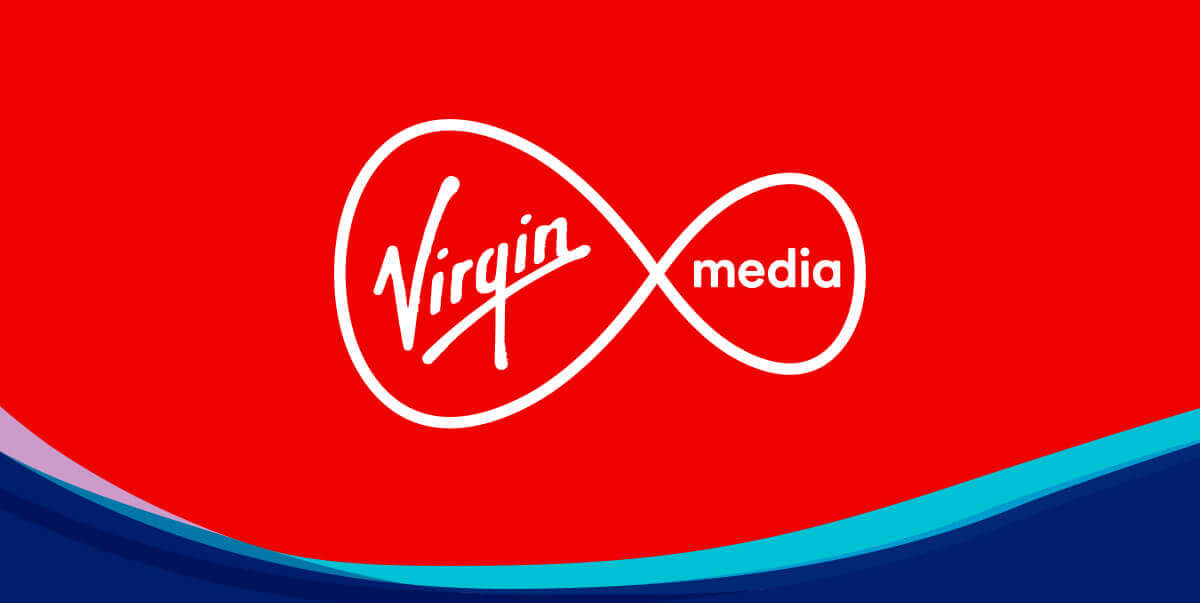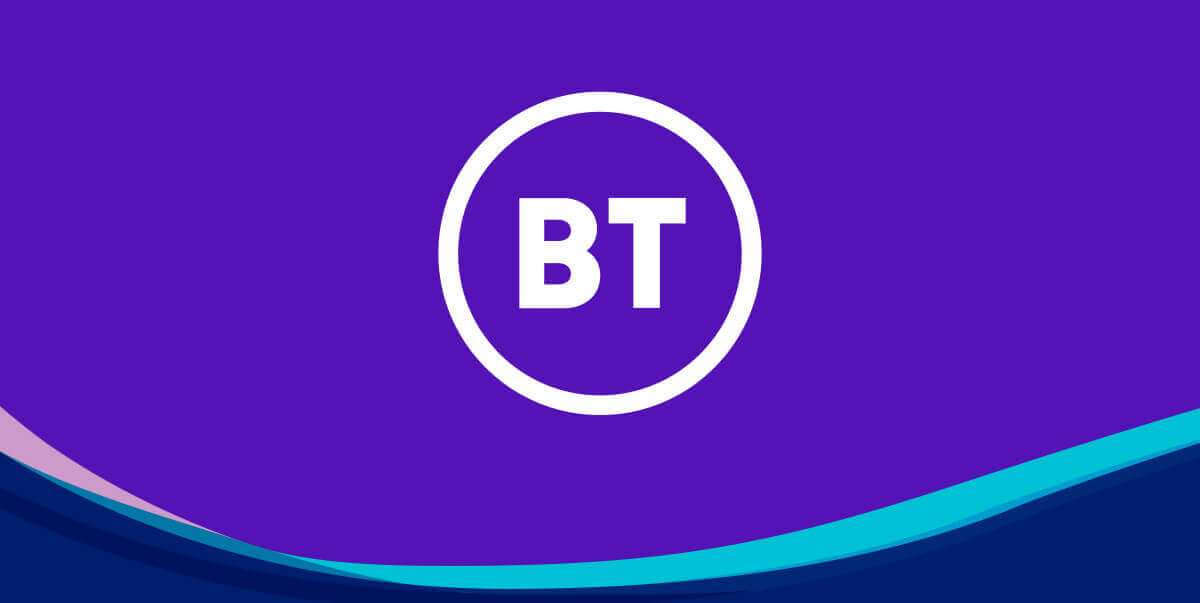BT vs Virgin Media broadband 2024: Which is best?
 Dan Howdle • October 25th, 2024
Dan Howdle • October 25th, 2024

BT and Virgin are two heavyweights of the broadband world. They are among the most popular providers in the UK and operate on separate networks. Virgin has long been renowned for its insanely fast speeds, but BT is more widely available and now also offers ultrafast Full Fibre to a similar proportion of UK homes as Virgin Media. So how do you choose between them?
We've weighed up how the pair compare when it comes to speed, packages, customer service and technology to help you decide which is right for your household.
Key feature comparison
Here's a quick feature comparison on how BT and Virgin Media stack up.
Broadband speed

Winner: Draw
BT now offers 36Mbps with its Fibre Essential, 50Mbps with its Fibre 1 and 67Mbps for Fibre 2. For those that can get it, BT also offers Full Fibre at speeds of 150Mbps, 300Mbps, 500Mbps and 900Mbps.
In comparison, Virgin offers 54Mbps, 132Mbps, 264Mbps, 362Mbps, 5160Mbps and 1130Mbps (which it refers to as Gig1), meaning it is still faster than BT. Virgin Media has also recently introduced its Gig2, which offers speed of up to 2Gbps (2,000Mbps). However, Gig2 is only available to a tiny percentage of UK homes at the time of writing, which is why we're still disregarding it as a serious option until it's available to more people.
Virgin Media Broadband and BT’s Full Fibre packages are both available to a similar proportion of UK households (around 60%, but you may be able to get Full Fibre and not Virgin Media, or vice versa depending on where you live) so customers looking for ultrafast speeds should really check availability from both providers.
It's a draw here. Sure, Virgin Media is a little faster with its Gig1 package, but providers other than BT on the Openreach network such as EE Broadband and Vodafone Broadband are already offering 1.6Gbps packages, and it won't be long before BT does too. And while Virgin Media's Gig2 is even faster than that, so few people can get it it's barely worth mentioning at this stage.

Packages
Winner: Virgin Media
You can get BT Broadband on six different package speeds as outlined above. BT no longer openly advertises its ADSL service of 10Mbps – it's now only offered to customers that cannot get anything else.
All BT's broadband deals now come with no phone line as standard, but customers that still use a landline can choose to bolt on either 700 minutes or unlimited minutes per month, for an extra fee. All customers get access to BT’s free Wi-Fi hotspots across the country. All BT contracts are currently set at 24 months.
In comparison Virgin Media is more flexible than BT, offering both 30-day and 18-month packages (though you will pay a gargantuan premium for a one-month rolling contract). Virgin Media also offers seven speeds, starting with M50, with an average speed of 54Mbps. It also offers M125 (average speed 132Mbps), M250 (average speed 264Mbps), M350 (average speed 362Mbps). It also offers M500 (average speed 516Mbps), and its fastest speed of 1,130Mbps, known as Gig1. And of course Gig2 at 2Gbps, but available to very few households.
Both BT and Virgin Media offer customers the choice of broadband only or broadband and phone deals, and both offer a lower price to those only wanting broadband. However, tying its customers in for 18 months as opposed to 24 makes Virgin Media the winner here.
-
 £50 reward cardFibre 2
£50 reward cardFibre 2- 67Mb average speed +
- Unlimited usage +
- No phone line
- £50 Virtual Reward Card
£31.99 per month(increases on the 31st March 2025 by CPI +3.9%)£50 reward card£11.99 one-off cost24 month contract -
 Gig1 Fibre Broadband
Gig1 Fibre Broadband- 1.1Gb average speed +
- Unlimited usage +
- No phone line
£40.99 per month(prices may change during contract)£0 one-off cost18 month contract -
 M500 Fibre Broadband
M500 Fibre Broadband- 516Mb average speed +
- Unlimited usage +
- No phone line
£33.99 per month(prices may change during contract)£0 one-off cost18 month contract

Customer service
Winner: BT
According to Ofcom's most recent customer service survey, BT's customer service marginally wins, with 83% of customers satisfied with the service overall, that’s above many other providers and above the sector average of 82% .
Just 19% of customers had a reason to complain, and of those, 55% were satisfied with how the complaint was handled – the top score of all providers surveyed and above the sector average of 51%
When it comes to call waiting times, the average wait time for a BT customer is a modest two minutes 45 seconds, which is longer than the sector average of two minutes and 37 seconds.
In comparison, Virgin did a bit worse, with 81% of customers satisfied with their service overall, and 25% with a reason to complain. Of those who did have an issue, only 46% were happy with how their complaint was dealt with – somewhat below both BT and the sector average of 51%.
For a Virgin customer waiting to get through on the phone line, the average waiting time is a rather long three minutes and 7 seconds.
According to Ofcom’s research at least, BT is clearly doing a better job of keeping its customers happy than Virgin Media, so in this area, BT wins.

Router and technology
Winner: Virgin Media
As speeds get faster, the hardware has to improve in order to keep up and Virgin wins on this front by the recent introduction of its Hub 5 router, which is Wi-Fi 6 enabled – not quite the latest standard in Wi-Fi technology (that'd be Wi-Fi 7), but still near the front of the pack when it comes to routers suppled for free by broadband providers.
All BT customers will be sent a Smart Hub 2, which brandishes seven antennas to find the best frequencies for the top speeds. This dual band router uses smart scan technology to provide the optimum connection for all your devices, and also constantly monitors your internet connection and if it spots a problem, it will quietly reboot and make a fresh connection. It is Wi-Fi 5 though, and so can't quite push out the same sorts of Wi-Fi speeds the Hub 5 can.
However, Virgin Media only provides its Hub 3 to most of its customers, which is also a Wi-Fi 5 device. To get a Hub 5 you'll need to take up Gig1. If you won the postcode lottery and you can get (and want or need) Gig2, then you will gt an even more powerful router in the form of the Hub 5x.
If you're looking to ensure your Wi-Fi signal reaches all through your home, you'll want to consider a mesh network. Happily, both BT and Virgin Media offer a solution. BT’s Complete Wifi system provides you with a number of booster discs to place around your home, and Virgin Media offers its Wifi Pods that do the same job. Both systems are available at extra cost to your home broadband service.
Both BT and Virgin Media offer good routers, and complementary wifi-boosting hardware, but Virgin Media has the edge with its Wifi 6 Hub 5, even though it has not yet been rolled out to all packages and customers.
Extras
Winner: Draw
BT provides virus protection in the form of BT Virus Protect with all its broadband packages for use on individual devices. Customers also get Web Protect, which covers all devices connected to your wifi from viruses, scams and phishing attacks.
You also get parental controls and BT Cloud, which gives you up to a whopping 1000GB free storage, depending on which package you choose. All BT Broadband customers can get free access to five million BT Wi-fi hotspots around the UK.
Virgin Media offers similar extras. You will get virus protection using F-Secure on up to five devices for a small monthly fee, and parental controls using Web Safe. Customers can use free Virgin Media wifi in bars, restaurants and UK airports.
Customers looking to bolt on a TV package are likely to find what they want with either provider, although BT now offers EE TV with its broadband packages, which is a complicated product. It does however offer Sky Atlantic, which Virgin TV does now. Virgin offers everything but Sky Atlantic as Sky is still not letting its biggest competitor get its hands on its premium channel.
Both are pretty tied on this one. You get the usual virus protection and parental controls as well as access to public Wi-Fi. BT can go one better by offering storage, and BT Wi-Fi is also far more widely available than Virgin's own national solution.

Overall
Winner: BT
Although Virgin Media has a more widely available ultrafast network, it falls behind a little on customer service. In comparison, BT shines in that department, and now the Openreach Full Fibre network has the same reach as Virgin’s, and is growing far more rapidly than Virgin Media's network.
In conclusion, we would say, if you want ultrafast speeds and you can only get Virgin Media, then go for it, but for those who can get both BT and Virgin Media, we would say, choose BT at this present time.
